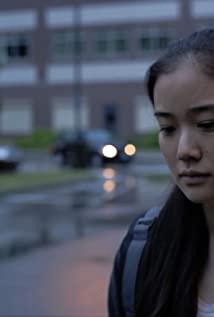Japan is notorious for the severity of oppression and bullying among teenagers. As said in the film, Japanese female high school students can do anything. As long as you are not pleasing to the eye, it is a common phenomenon to directly bully the weak in front of everyone. , Those girls who are empathetic and cheerful on the surface are actually cursing you thousands of times in their hearts and framing you in the dark.
The four protagonists in the film represent the typical of the four schools. There are those who endure and help the tyranny again and again, those who accept reality openly but hide huge grief and commit suicide to end their destruction and give up rebirth. Yes, there are those who have been bullied countless times, survived twice, and witnessed the fragility of life and the transformation from an excellent student into a demon. . . . . .
What is this film trying to say? From the perspective of Shunji Iwai, as a Japanese national, what do you want to reveal through this performance? The perverted psychology of teenagers, the virtuality of the Internet, and the unreal reality to comfort the empty soul. . . . . .
In the film, the college student who was hit by the accident seemed to say something that revealed the theme: "For us, it may be a paradise of nature, but for the creatures living there, it may be hell, but nature is like this, and that is what it is. Interesting place, life and death are closely adjacent."
The environment in China is different from that of Japan, it can be seen that the Japanese have experienced from birth to growth, from the experience of the weak in school, to the invisible in society enough to make people Hard to survive the stress of work and life. . . . . . What we think is non-mainstream, but popular in Japan, who would laugh at China's "harmony"? Formal mainstream advocacy, at least for most people, is the yardstick of justice, compared to the blatant aggression of the jungle. . . . . .
Just in line with the content of a certain joke of Huang Zihua, he explained the behavior of seeing death as "don't disturb the laws of nature - the weak eat the strong", "it's ganga!", "how surprising?!" , the reason why Dongdu's laughter is full of laughter - to use jokes to despise and vent the dissatisfaction and anger of reality that I usually dare not vent, why not be happy!
View more about All About Lily Chou-Chou reviews









